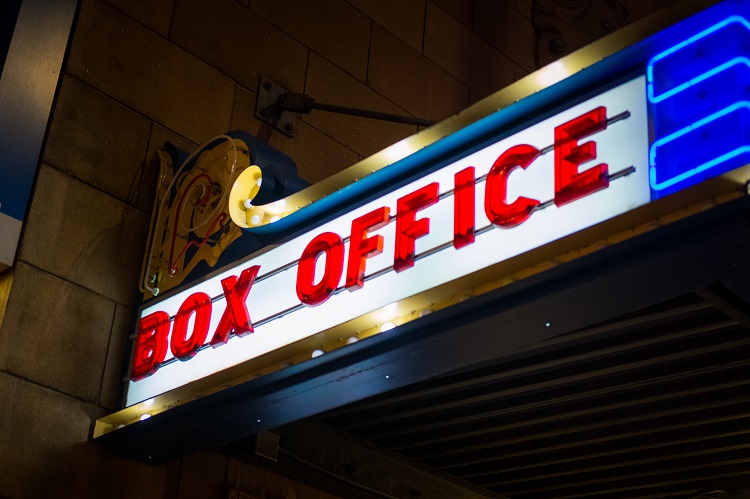Do you ever feel like Fred Armisen, stuck in a technology loop?
If the 20th century was the age of information, the 21st century is the age of information overload. You may feel like you’re drowning in a flood of status updates, tweets and emails.Information overload is defined by Wikipedia as “the difficulty a person can have understanding an issue and making decisions that can be caused by the presence of too much information.” With information coming at us every which way, how can we process it all? Where is Carrie Brownstein when we need her?
Neoclassical economists assume rational people make decisions on the basis of perfect information. Since lacking information is rarely the problem these days, this assumption seems fairly accurate—we can Google just about anything, right? But “information overload” is a paradoxical example of economic agents acting on imperfect information. What neoclassical economists fail to recognize is that information is rarely just perfect: too much information is just as bad as imperfect information.
Just because the information is out there, it does not mean humans will always act rationally to properly assess information. This is because there are transaction costs associated with gathering information. Human beings are lazy; we want to maximize time and minimize effort.
Whether we lack information or have all the information we can dream of, the neoclassical assumption of “perfect information” is rarely the case. But should we ever expect “perfect information?” We are imperfect creatures in an imperfect world—nothing is ever perfect. But what’s surprising about this is that the markets tend to adjust anyway.
Austrian economist Friedrich Hayek argued that prices are sufficient in signaling quality and enabling efficient economic decision making. For example, if a subpar product goes on the market, consumers may purchase it without realizing that it will not meet their expectations. Soon buyers will come to know it was not worth the price, and this information will quickly spread to consumer reports, Amazon.com reviews or by word of mouth. As a result, fewer consumers will purchase the product, and prices adjust to reflect quality. Whether information is lacking or copious, markets naturally converge towards equilibrium by a trail-and-error account.
Unfortunately in the U.S. today, economists, politicians and great thinkers write off Hayek’s price theory as far too simple. Our culture is increasingly turning to the government to save us from our “information problems” and “market failures.” Support for Obamacare reflects a growing trust in Washington to more accurately assess information and make economic decisions than the private sector. But turning to the government as a savior is only an issue of a greater underlying problem: our distrust in the free market may reflect a lack of trust in God.
In his encyclical letter Fides et Ratio, Pope John Paul II asks:
“Who, for instance, could assess critically the countless scientific findings upon which modern life is based? Who could personally examine the flow of information which comes day after day from all parts of the world and which is generally accepted as true? Who in the end could forge anew the paths of experience and thought which have yielded the treasures of human wisdom and religion? This means that the human being—the one who seeks the truth—is also the one who lives by belief.”This encyclical excerpt is a direct parallel to economics. Both information (which is necessarily imperfect) and trust is required in the human pursuit of truth and in markets. We cannot attribute the success of the free market to our own human rationality, but only to the invisible hand in the market place. Our inabilities to properly examine all information require us to live by belief and to trust the invisible hand will reach equilibrium in the free market. Though we should not center our trust in free markets, because markets are imperfect and will fail as everything else in the world, we should embrace an incredible synthesis between Austrian Economics and the teachings of Christianity. The design of the free market is above our understanding, and we will never be able to fully grasp its intricacies, so let us be humbled in our human limitations, but confident in God’s mysterious economic design.



